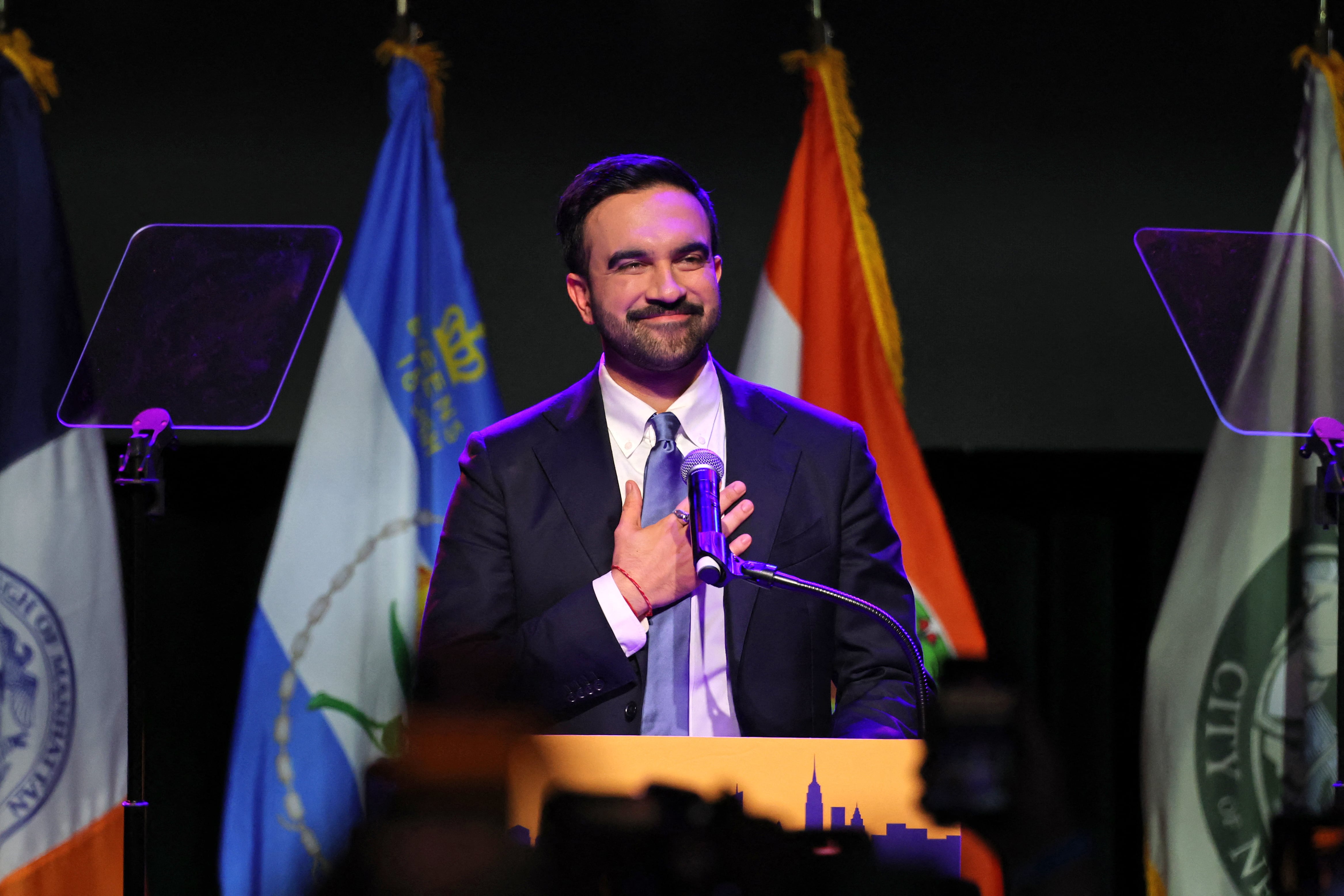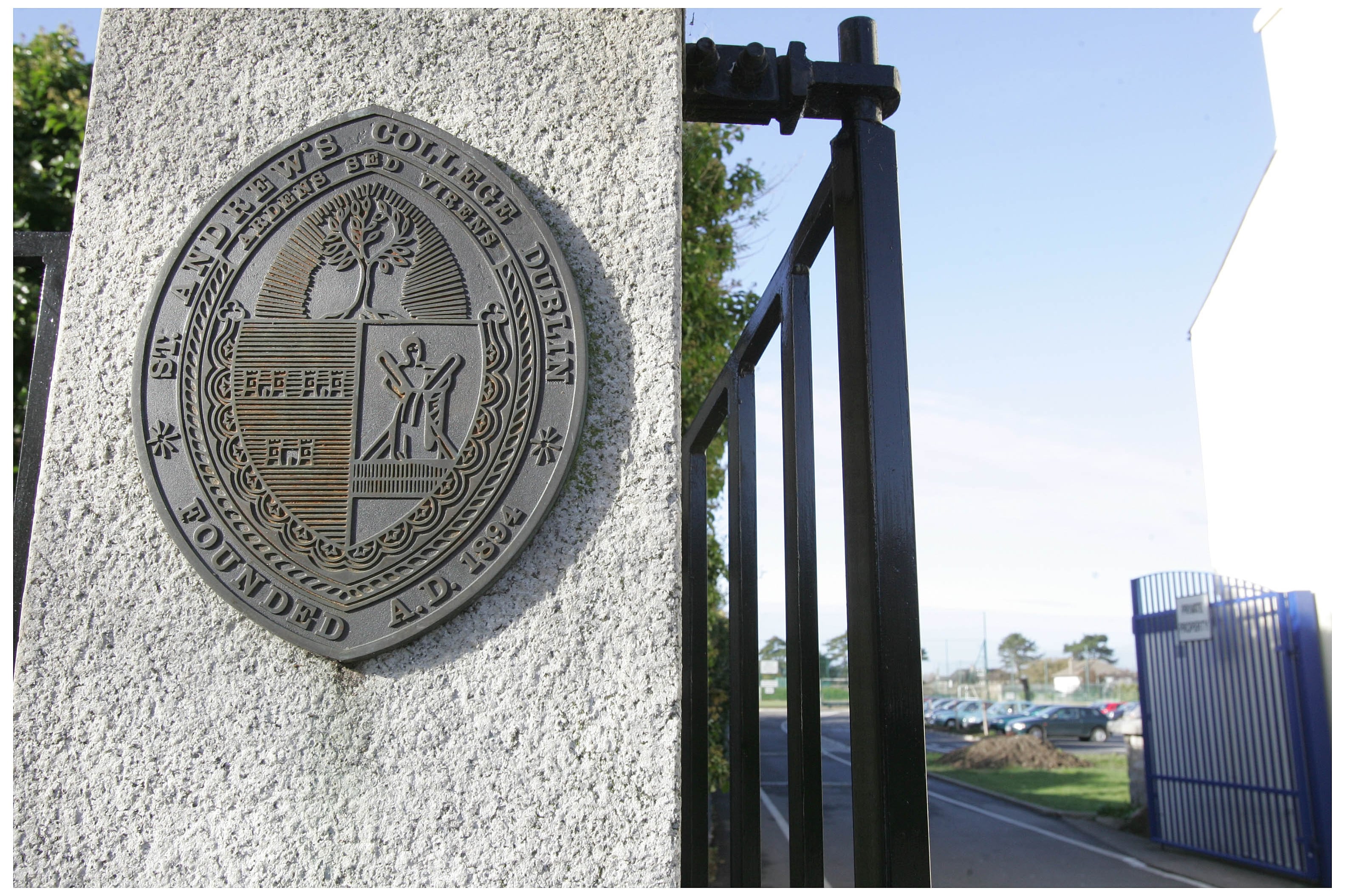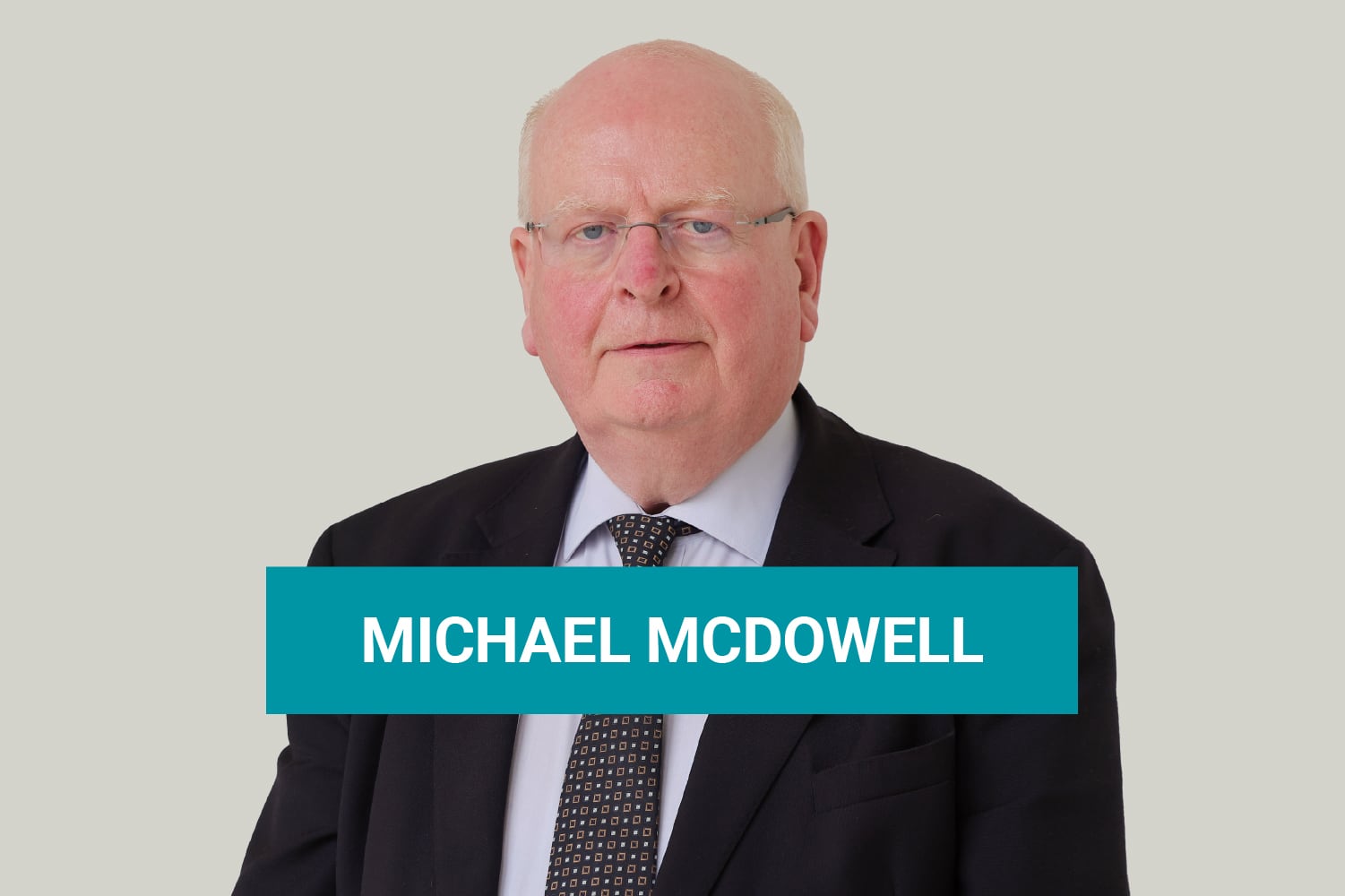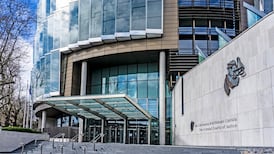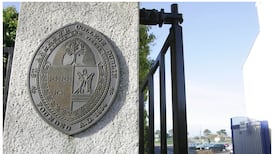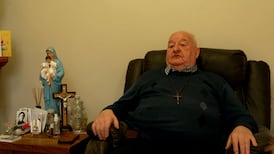Law lecturer Diarmuid Phelan has been awarded legal costs that are likely to fall far short of the expected bill he faces after his acquittal of the murder of a trespasser on his Co Dublin farm.
The costs incurred by Mr Phelan, including various experts relied on by the defence, have been estimated around €1.25m.
According to legal sources, the costs awarded by the court on a legal aid scale are likely to be well short of that, perhaps half of the overall bill.
In January, Mr Phelan (56) was unanimously acquitted by a Central Criminal Court jury of the murder of Keith ‘Bono’ Conlon on his farm after a 10-week trial.
READ MORE
A father of four, Mr Conlon (36), of Kiltalown Park in Tallaght, Dublin, died on February 24th, 2022, two days after he was shot by Mr Phelan at Hazelgrove Farm, Kiltalown Lane, Tallaght.
The defence case was that it was an unintended killing, Mr Phelan was acting in self-defence and was fearful of an “imminent attack” from Mr Conlon and another trespasser.
In the wake of the acquittal, Mr Phelan, who had not applied for legal aid and was represented by two senior and two junior counsel, instructed by solicitors Arthur McLean, sought his costs.
The trial judge, Ms Justice Siobhán Lankford, in her ruling in late September, awarded costs on the legal aid scale.
An award of costs simpliciter – a legal term meaning costs without restriction or qualification – would not be appropriate, she said. While the defence sought that costs should be adjudicated upon in the usual way, it is desirable there would be “certainty” at this stage.
The legal aid costs “will no doubt be substantial” and will “meet the justice of the situation”, she said. They will cover two senior counsel and two junior counsel and it would be expected, she said, they would cover the experts retained by Mr Phelan, except of the stenographer and one self-defence expert.
The sides could apply to her if there was an issue in relation to specific costs, she said.
The starting point in any consideration as to whether or not costs should be granted is the verdict, she said.
Mr Phelan at all times made out a positive case reasonably consistent with innocence “as indeed is reflected in the verdict of the jury”.
Awarding costs “is not an adverse comment on the DPP’s decision to prosecute”, she also said.
While the prosecution had argued she should exercise her discretion against awarding costs, she could not see any basis for doing so.
Earlier in her ruling, the judge said a superior courts order means the law concerning costs applies to criminal proceedings as well as every other proceeding in the superior courts.
The Supreme Court had, in a 2007 ruling, set out 10 non-exhaustive criteria to be considered in any application for costs in criminal proceedings.
Several of those criteria did not apply here but, having considered those that did, Mr Phelan was entitled to his costs, she held.
The applicable criteria included questions of “was the prosecution justified in taking the case?” and “was it taken on apparently credible evidence?”. The answer “must be in the affirmative” for reasons including there were four independent eyewitnesses to the killing of Mr Conlon.
Mr Phelan, she noted, cooperated with gardaí at the scene, answered all questions at interview and gave a voluntary statement.
Another question was “more vexed” as it concerned the conduct of the defendant in meeting the case at trial.
It was to Mr Phelan’s credit he had not put the prosecution on full proof regarding arrest, detention and continuity of exhibits, reducing the potential trial length, and twice gave gardaí access to his property voluntarily. On the other hand, the prosecution referred to substantial delay by the defence in procuring expert reports.
She was more concerned about “the personalised manner in which the defence was conducted”, the judge said.
On December 11th, 2024, Mr Phelan shouted at Roisín Lacey, senior counsel for the prosecution, and interrupted her during legal submissions. He later apologised for his conduct.
During his closing address for Mr Phelan, Seán Guerin SC “unfairly and wrongly impugned the intelligence and character of prosecution counsel”, the judge said. “I assume that this was done on the instructions of the defendant. There was an assertion that evidence had been fabricated. I am satisfied that this is entirely incorrect.”
It would be unfair to rely on these matters to refuse costs in such a serious and long-running case, she said. “Nonetheless, it should be acknowledged that criminal cases, such as this one, benefit from being conducted in a dignified and respectful manner.”

